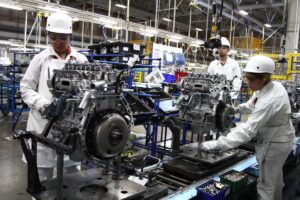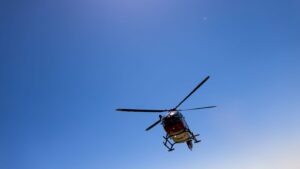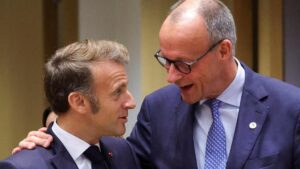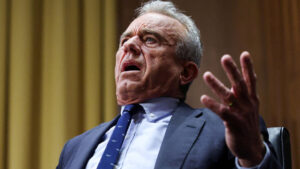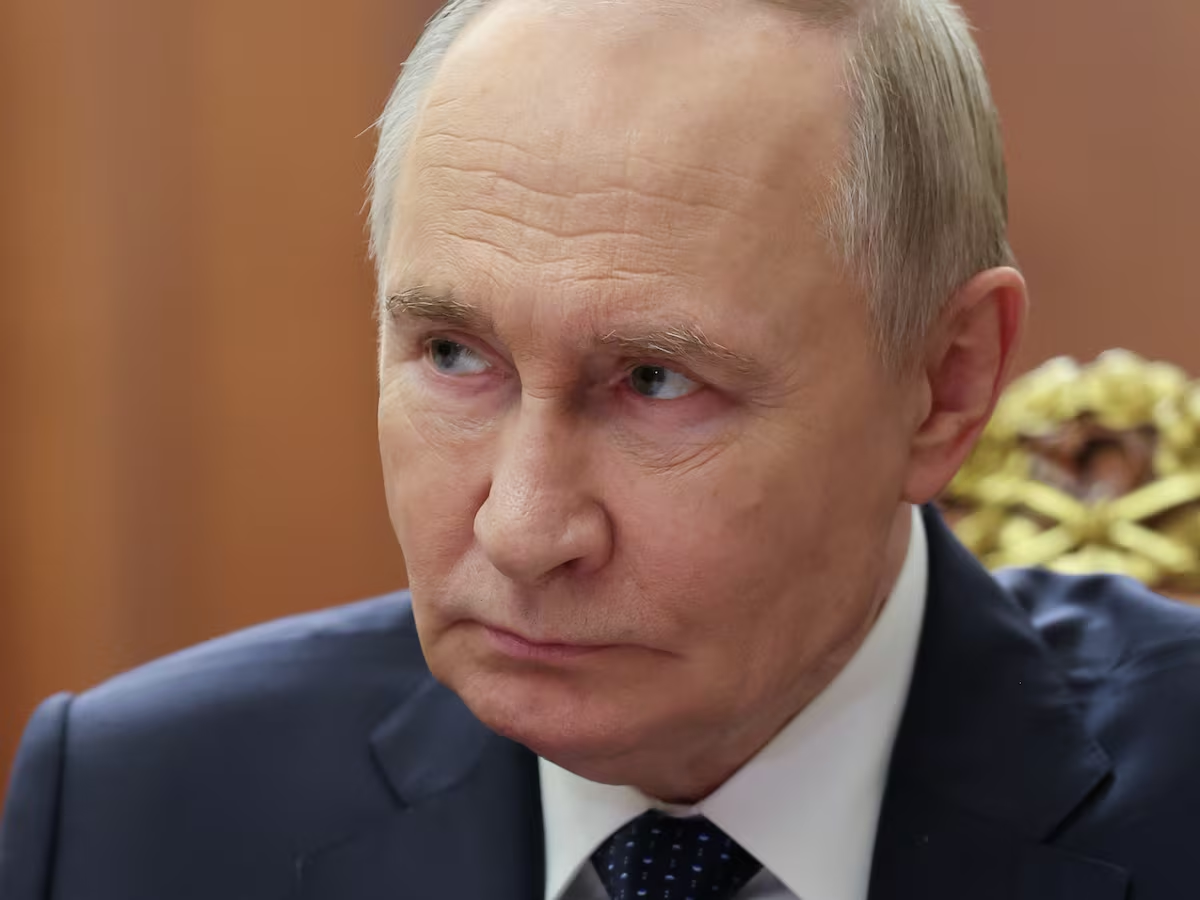
Politics should be the search for normality, but postmodern politics is a bundle of nerves, a story of acceleration, vertigo, violence, a permanent state of exception in which a handful of autocrats reign, led by Donald Trump, who assert themselves amid the chaos sponsored by technological platforms. Furthermore, autocrats are like the dwarfs in the story of Monterroso: they recognize each other when they see them. Vladimir Putin embodies a patriotic, Christian, Orthodox, martial, carnivorous, heterosexual and sexist Russia, and accuses Europe of articulating a decadent, post-national, multicultural, vegetarian, pacifist and pro-LGBT project that welcomes Muslims. The love story between Trump and Putin, and the love story between Trump and Brussels, are easy to understand with these baseball bat arguments.
The United States and Russia have lived these last few months in a pleasant fog of agreements too dense and interesting to simply be dispersed. Against the backdrop of the war, the White House had a wonderful understanding with the Kremlin. But Trumpism is a storm and suddenly changes trajectory. Trump has a new toy between his eyebrows: he claims to be the global peacemaker, says he has already put an end to eight wars and wants the one in Ukraine to be the ninth so as not to lose the Nobel Peace Prize in 2026.
So this is the bass clef of the new Russian-Ukrainian symphony. The treble clef is the fragile ceasefire in Gaza, which has become the model to follow even if the harmonies don’t quite work. The conductor, Trump, wants to play a soft piece, but the concertmaster, Putin, still wants to play Wagner. Moscow believes it has a military advantage and does not want to hear talk of a truce, but this time the United States seems to be serious. He approved the first truly significant sanctions against Russia’s two largest oil companies, Rosneft and Lukoil, with an exceptional potential economic impact. Bible translation: The United States will not put pressure on the Kremlin with military means – the famous Tomahawk missiles are unlikely to reach Kiev – but with economic means. Al Capone fell not because of his mafia behavior, but because of the money trail. It is about eroding Russia’s ability to generate revenue to prevent it from further oiling its war machine. If the sanctions manage to do damage, a ceasefire could arrive within a few months.
The impact on crude purchases by several refineries in China and India was immediate. If more companies are added, the reduction in imports from these two countries – and others such as Turkey – could devastate the battered Russian economy, with stagnant growth, inflationary pressures and some discomfort among the population. Putin has managed to transform his country into a war economy. And it has managed to avoid all previous waves of sanctions at the hands of the usual suspects. Threats from the United States, with second-degree sanctions for those who help to evade this measure, suggest that things will be different this time, even more so if Ukraine continues to target Russian refineries with its drone attacks.
Europe is not missing in this phase of the Ukrainian work. He continues to take steps to use Russia’s frozen assets in favor of Kiev, and seems to have devised a strategy based on Mark Rutte’s genuflections and the good words of other European leaders, who tell Trump what he wants to hear and very quickly interpret his words according to their own interests. Trump wants an immediate ceasefire? Europe offers you ipso facto a Korean-style solution, leaving the front exactly where it is and declaring a truce. Putin demands that Donbass be handed over to him? Europe whispers the Russian bear trap in Trump’s ear, which thus dismantles years of resistance and deaths on the Ukrainian side and leaves the way clear for a future invasion of the entire country.
Until now the central scenario was a chronic conflict with a certain Russian advantage. If the sanctions are successful, it will be a reprieve that should come quickly and include the deployment of coalition volunteer troops (without the US) on the ground to avoid unpleasant surprises. Negotiations to reach a lasting peace would be postponed until later.
an old man doctor around of Putin, Vladislav Surkov, argues that every society is subject to the physical law of entropy: great empires are generated by transferring the chaos they produce outside their borders. This is what Putin did with Ukraine 10 years ago, and especially in 2022. When the war was in what seemed like an eternal stalemate, Trump won the election and Putin considered himself the winner. The Kremlin did not expect that the orange cyclone would change the heat of the war for the goal of the Nobel Peace Prize in a few months. This would bring us closer to a ceasefire, if only because of material fatigue on the front, combined with threats looming over the Russian economy. This is the script. It remains to be seen what the interpretations will be, because the law of entropy is still in force. Especially with Trump’s chaotic head, and Putin’s eternal desire to blast Ride of the Valkyries on helicopters while surfing shirtless, along with Apocalypse now.
